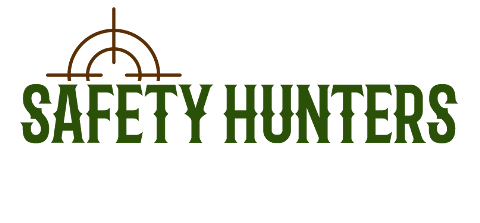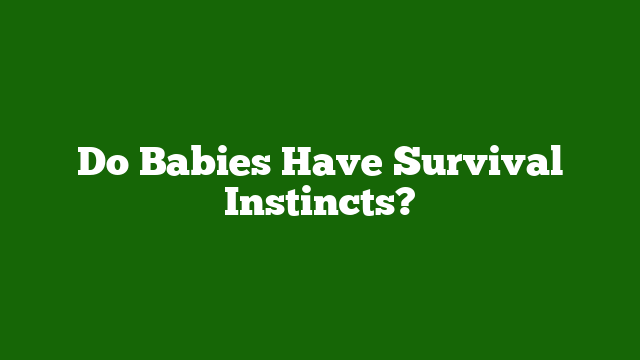Last Updated on June 12, 2023 by Umar
Babies may appear helpless and completely dependent on their caregivers, but they are actually born with a set of innate skills and reflexes that help them survive and thrive.
These involuntary muscle responses, known as newborn reflexes, are crucial for a baby’s survival and are linked to their early neurological development
In this ultimate blog post, we will explore the various survival instincts that babies possess and how they contribute to their well-being.
Rooting and Sucking Reflexes
The rooting reflex is a basic survival instinct that helps babies find and latch onto a nipple to feed
When you stroke the side of a baby’s cheek, they will turn their head, open their mouth, and begin to make sucking movementsThis reflex usually disappears around four months of ageThe sucking reflex is another survival instinct that enables babies to feedWhen a nipple is inserted into a baby’s mouth, they will automatically start sucking.
Moro (Startle) Reflex
The Moro reflex, also known as the startle reflex, is a protective reaction to a loud noise or sudden movement
When a baby is startled or their head falls backward, they will extend their arms and legsThis reflex is an important sign of a baby’s nervous system development and function.
Tonic Neck Reflex
The tonic neck reflex, also known as the fencing reflex, occurs when a baby’s head is turned to one side, causing the arm on that side to extend while the opposite arm bends at the elbow
This reflex typically disappears by six months of age.
Grasp Reflex
The grasp reflex is a baby’s instinctive response to having their palm touched or stroked
They will tightly grasp onto the object, such as a caregiver’s finger, with surprising strengthThis reflex is thought to be a remnant of our evolutionary past when baby primates needed to cling to their mothers for safety.
Stepping Reflex
The stepping reflex is a baby’s instinctive response to being held upright with their feet touching a flat surface
They will make stepping movements as if trying to walk, even though they are not yet able to support their own weightThis reflex usually disappears by two months of age.
Breathing and Protective Instincts
Babies are born with an instinct to turn their head to the side when placed face down, ensuring they can breathe
This protective instinct helps prevent suffocation and is essential for their survival.
Conclusion
While babies may appear vulnerable and defenseless, they are actually equipped with a range of survival instincts that help them adapt to their new environment and protect them from potential harm.
These reflexes are crucial for their early development and well-being.
As parents and caregivers, it is essential to be aware of these instincts and support our babies as they grow and develop.
Helpful Resources
- https://my.clevelandclinic.org/health/articles/23265-newborn-reflexes
- https://familydoctor.org/newborn-reflexes-behavior/
- https://www.tenethealth.com/healthy-living/corporate-content/newborn-reflexes
- https://my.clevelandclinic.org/health/articles/23257-rooting-reflex
- https://www.stanfordchildrens.org/en/topic/default?id=newborn-reflexes-90-P02630
- https://www.todaysparent.com/baby/baby-development/reflexes-5-instincts-your-baby-is-born-with/

